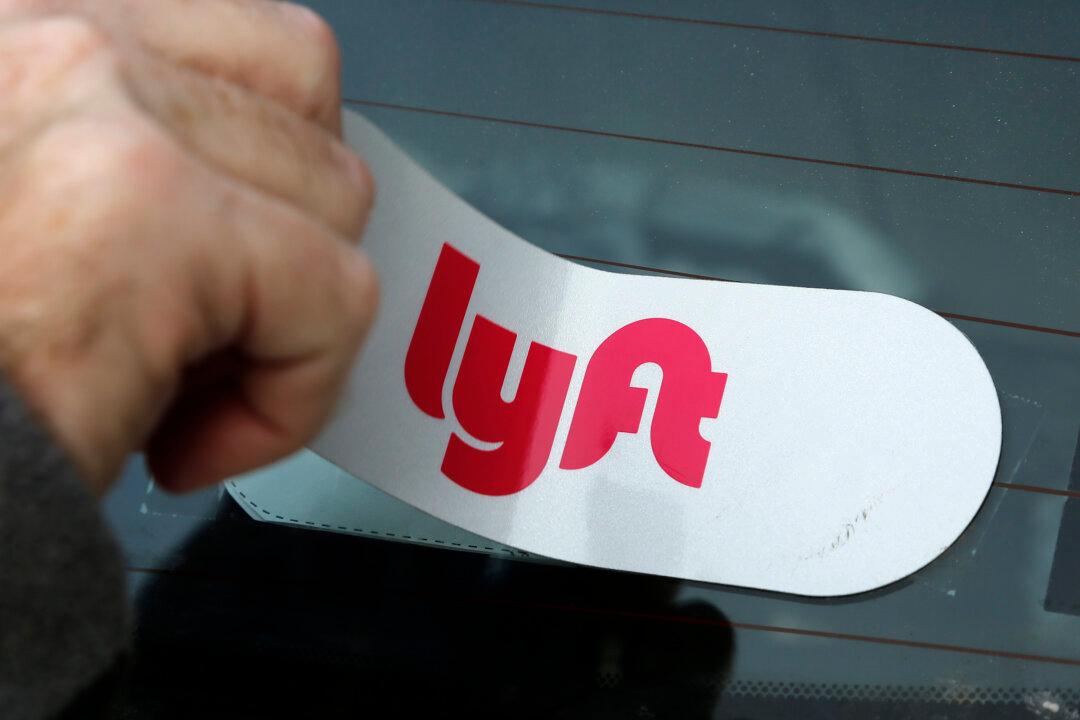Lyft announced it will halt its ride-sharing service in California on Thursday in response to a state law that requires them to make drivers employees instead of independent contractors.
In a Thursday blog post, the company confirmed that the suspension will take effect on Aug. 20 at 11:59 p.m. PT, while urging support for a ballot initiative, Proposition 22, that would let Californians vote on whether to exempt rideshare and delivery drivers from a new law that restricts gig work.





